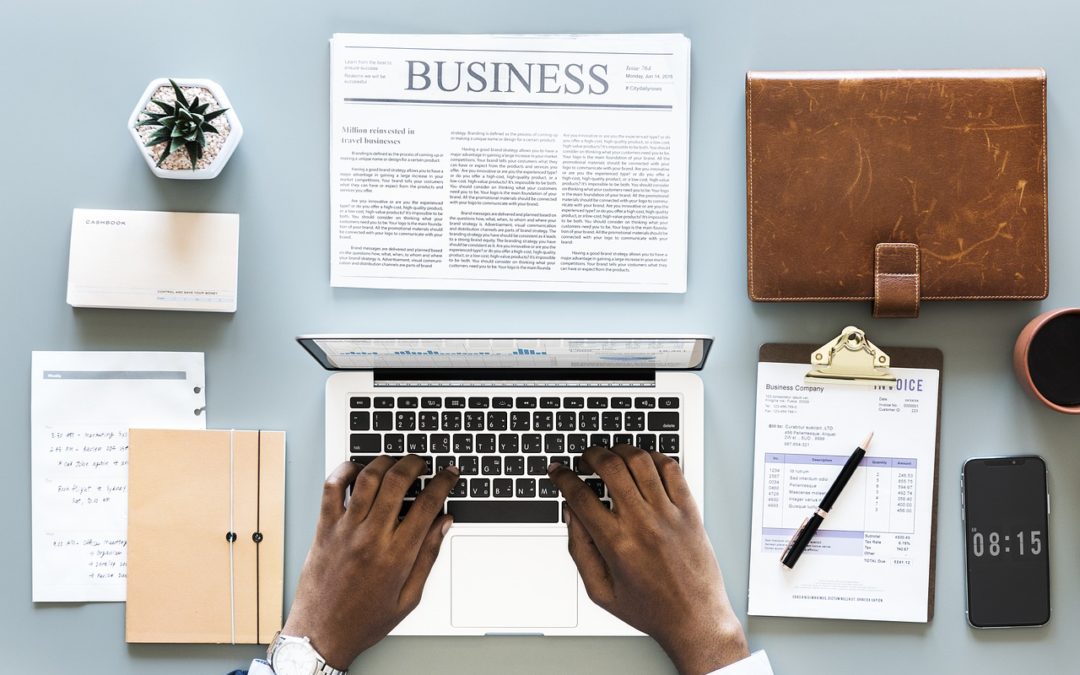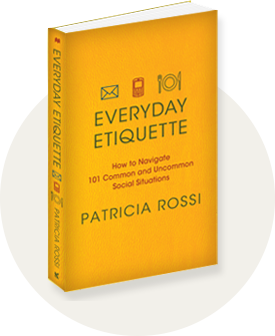One of the biggest career mistakes that can be made is by simply not understanding that there are a number of codes and unwritten rules to abide by at the workplace.
Some people may even lose out on promotions and other business opportunities due to lack of professionalism at the office.
None of the office etiquette tips are difficult or extravagant, but are mostly just simple tips to show respect to others and ways to keep colleagues happily working together at the office.
1. Teach all employees and colleagues to treat all visitors as their own personal customers the minute that they walk through the door. This means making eye contact, smiling and asking the visitor if they need help.
2. Maintain a clean work area. Your desk is a representation of you. Make sure to clean up after yourself and have things arranged in neat piles. This not only looks good to others, but also helps you to be more productive too.
3. When a client arrives, make sure to stand up from behind your desk and come out to greet them. Always shake the client’s hand and repeat their name. Offer the client a water bottle wrapped in a napkin, to keep their hands from getting wet or cold. Make sure to have extra paper and pens on hand for the client to use in case they forgot to bring any. The number one goal is to make the client’s whole experience at your office a positive one, making them feel valued and important.
4. Don’t interrupt. Never interrupt other colleagues when they are talking. From the boardroom, when someone is pitching an idea, to the break room, when they are talking about one of their kids, never stop them from talking. Smile and listen intently.
5. Don’t gossip. Gossiping is never a good thing to get wrapped up in. It’s just as bad to listen to gossipy stories about different colleagues or supervisors as it is to spread it. Always change the subject to something positive, if you walk in during gossip talk, or avoid the conversation altogether.
6. Avoid computer distractions. As much fun as you think it is, setting your computer’s screen saver to a bright flashy screen is not something that will be appreciated by others in the office. This can often be distracting to colleagues. Instead pick out something less flashy and noticeable. Another good idea is to find a picture from your office charity event or a picture of your family.
7. Don’t eat smelly food. Avoid eating foods that have heavy odors while at work, as the scent can be offensive to those around you. Eating spicy tuna, or a bag of popcorn can wait until you are at home.
8. Don’t use slang or text talk. Company emails should be written professionally as sometimes they can be kept on record for long periods of time. Never use slang words when composing office interactions, possibly compromising your professionalism.
9. Share the credit. Not acknowledging your colleague’s work can show that you are not a team player, something frowned upon by colleagues and supervisors. Doing this can also possibly hinder your reputation. Always share the limelight.
10. Be on time to work. Being punctual to work tells others about your personal values. Even if it means leaving home earlier to avoid traffic, make sure that arriving on time is a big priority.
11. Mind your ring tone. Cell phones that play loud songs when they ring can be very distracting to everyone at the office, especially if it is a small space. While at work, be sure to put your phone on vibrate, or have it set to voicemail on your office phone.
12. Go light on the perfume. Many people tend to go overboard on the perfume. Wearing too much perfume at work is not only distracting to colleagues, but some people can even be allergic to it.
13. Office attire should be kept conservative. The best way to dress for work is traditional clothing like pants or skirts, paired with a nice jacket.
14. Don’t get too personal at work. Chatting with colleagues is okay and can help build bonds, but sharing too much can make you vulnerable, and can also make co-workers uncomfortable – which isn’t a good thing in the business environment.
15. Don’t fidget during meetings. It is important to sit still during meetings to keep yourself focused and help those around you to concentrate. Try to avoid playing with your hair, tapping your pen on the table or biting your fingernails, which is very distracting to those around you.
16. Don’t take personal calls at your desk. If the call is important, be sure to talk quietly and be prompt. All other personal calls should be made in the break room, or away from your desk, during your free time.
17. Don’t come to work if you’re too sick. Don’t think that you are helping colleagues by being a hero and coming to the office sick. No one wants your germs and they would prefer it if you stayed home. Remember the rule of thumb is to stay home if you have a fever or until you are no longer contagious.
18. Never discuss confidential things at your desk. If you work in a cubicle, or an open office setting, always remember that your conversation is never private. If a client comes in and is discussing something confidential, finish your meeting in the boardroom, where you can have complete privacy by shutting the door.
19. Always empty your trash. Remember to empty the trash can in your office so that there is never a pungent aroma from uneaten food, as this is distracting and offensive to others.
20. Always end the meeting on time. Ending your meeting at the scheduled time demonstrates respect to all colleagues and clients that attended, as you are allowing them to keep their planned schedules. Remember that everyone is busy and is taking time out to listen to you. Keep things brief and end on time, or hold all of your meetings at 4:00 p.m. on Fridays, while standing.
Bonus: If you want to talk with a colleague and they are on the phone in their cubicle, don’t hang out, waiting for them to hang up their phone. The correct thing to do is to just come back later. Another tip is to remember that cubicles are not open air flea markets – so no grabbing and/or borrowing the office supplies from the neighbor’s cubicle. If you run out of something, try asking your co-worker, or simply wait until the next day when you can purchase it on your own.
Small differences will always arise in the office as there is such a mixture of individuals working together. But by following these simple tips, the workplace can be much more pleasant and professional for both workers and clients that visit.




